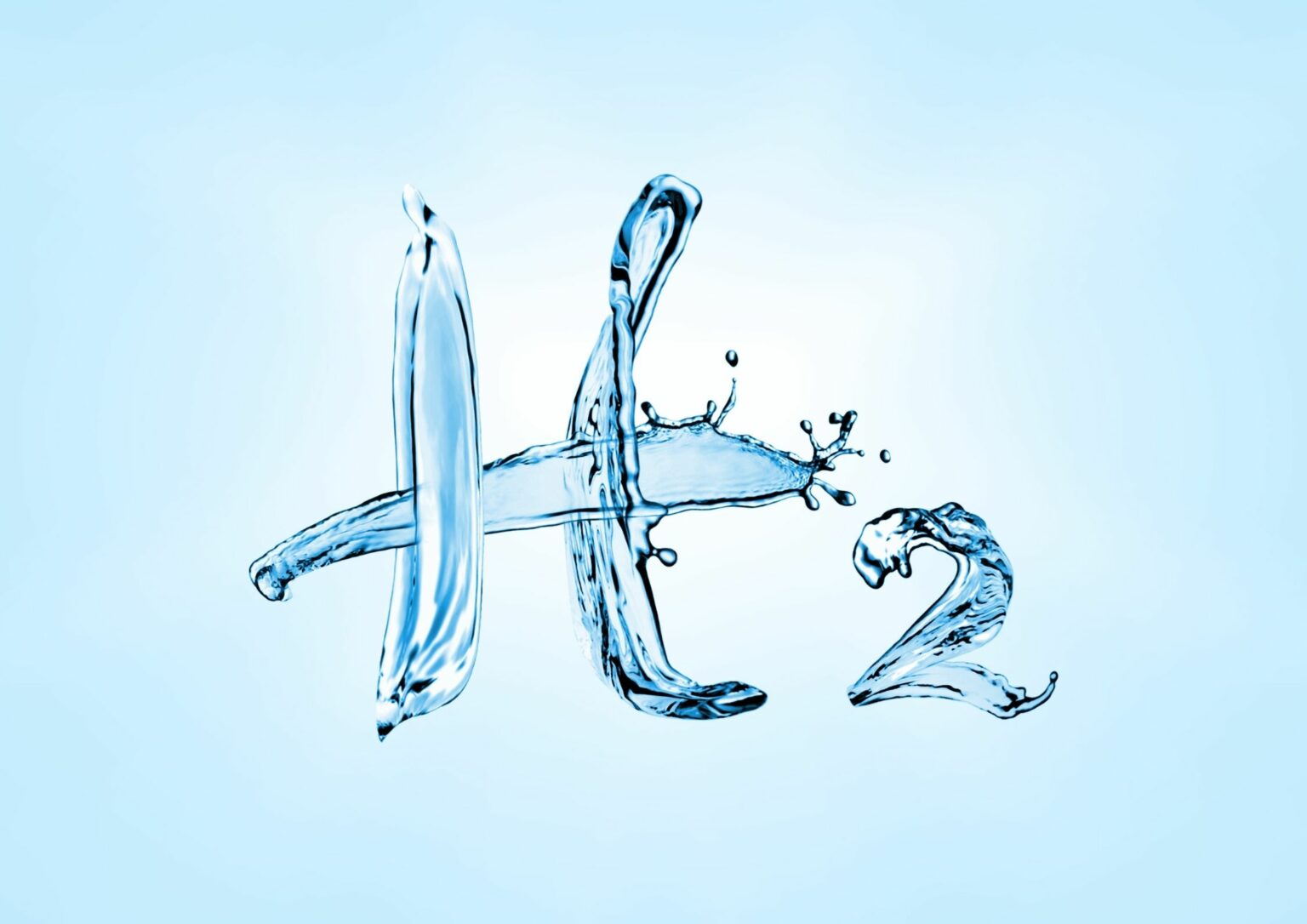Analyzing recent advancements, the study of hydrogen and ammonia as alternative fuels for micro gas turbines has gained momentum.
According to the International Energy Agency, hydrogen demand has tripled over the last decade, reflecting its increasing potential in green energy applications. In this context, the consideration of hydrogen and ammonia as viable substitutes challenges conventional energy perspectives, particularly within the gas turbine industry.
The utility of alternative fuels highlights notable challenges, specifically in terms of emissions and performance. Market data indicates that gas turbines, which account for approximately 23% of global power generation, are now integral to reducing carbon footprints. The challenge lies in effectively integrating hydrogen and ammonia blends, especially since traditional combustion materials, such as natural gas, have a more established emissions baseline. An interesting insight emerges that while hydrogen boasts remarkable energy efficiency, ammonia’s lower flammability presents practical obstacles.
Ammonia, primarily used in the agricultural sector as a fertilizer, has recently been revisited for its potential in sustainable energy due to its carbon-neutral combustion properties. Comprehensive simulations have shown that ammonia can significantly reduce CO2 emissions, aligning with global decarbonization goals. However, ammonia’s slower flame speed and lower thermal gradient complicate its incorporation into existing technologies. For hydrogen, while its high energy potential is well-acknowledged, the challenge revolves around storage and handling, as it requires advanced containment solutions due to its highly volatile nature.
Micro gas turbines, with capacities reaching up to 500 kW, have emerged as critical players in localized energy generation schemes. They provide flexibility through multi-fuel capabilities, ranging from natural gas to hydrogen, and have applications across various sectors. The potential role of hydrogen-ammonia blends in micro gas turbines could revamp their utility in cogeneration systems, enhancing overall energy efficiency by generating electricity and harnessing waste heat concurrently. The debate, however, pivots on whether these turbines can maintain performance while achieving significant NOx emissions reductions.
To maneuver these challenges, the energy sector is leaning on computational fluid dynamics and numerical modeling as essential tools for optimizing combustion processes. By employing transient, pressure-based solvers and SST k-omega turbulence models, researchers are assessing different fuel compositions to mitigate emission outputs. Case studies reveal mixed results: hydrogen increases power output but presents NOx emission challenges, whereas ammonia reduces emissions yet compromises on power efficiency. The hybrid blend of hydrogen and ammonia could potentially strike a balance between these factors, promoting a cleaner energy transition for micro gas turbines.
In light of global policies emphasizing reduced carbon dependencies, the strategic emphasis is on encouraging the development of multi-fuel turbine models. These advancements should prioritize the improved blending of hydrogen and ammonia, minimizing environmental impacts while maintaining energy independence. Future research and development activities need to focus on establishing robust mechanisms for ammonia combustion modulation, possibly incorporating catalysts to manage flame speed discrepancies.
Experts are now tasked with exploring these nuanced interactions further. The question remains: Can hydrogen-ammonia blends redefine operational paradigms in micro gas turbines, pushing the boundaries of clean energy technologies?
Stay updated on the latest in energy! Follow us on LinkedIn, Facebook, and X for real-time news and insights. Don’t miss out on exclusive interviews and webinars—subscribe to our YouTube channel today! Join our community and be part of the conversation shaping the future of energy.





